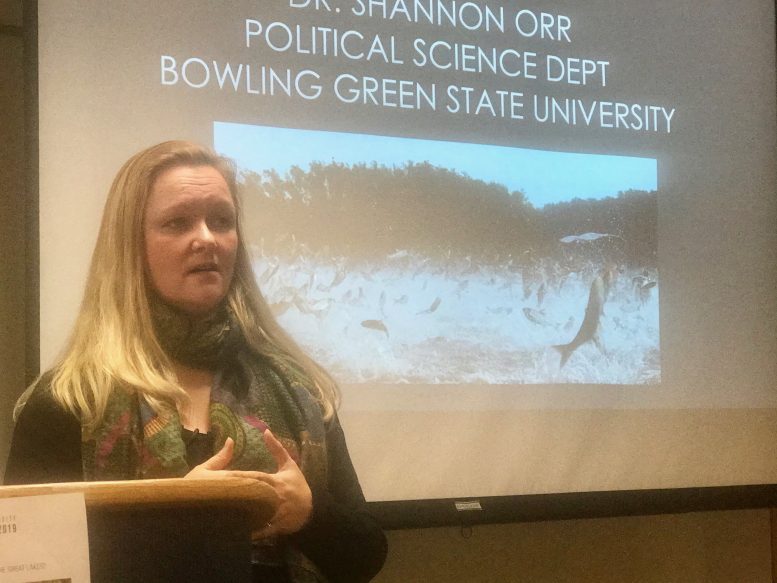The Wood County Committee on Aging along with the American Association of University Women Bowling Green Branch will once again host the Great Decisions Lecture Series for six consecutive Saturdays from 9:30-11 a.m. on Jan. 23 through Feb. 27, 2021. The series will be held virtually on Zoom.
The Great Decisions Lecture Series is an informative educational discussion group designed by the Foreign Policy Association. Participants will be enlightened with up-to-date information on worldly topics facilitated by professors from various universities. The professors will provide an opportunity for questions and answers following each discussion session.
These sessions are free and open to the public. Manuals are available for $32 but are not required. To register for this program, contact the WCCOA Programs Department at 419.353.5661, 800.367.4935, or email programs@wccoa.net Zoom login details will be provided upon registration.
A full list of topics and speakers is provided below.
Jan. 23: Roles of International Organizations in a Global Pandemic
Dr. Arpen Yagnek, Penn State University
The COVID-19 pandemic has thrust the World Health Organization (WHO) into the limelight, for better and for worse. While some of the Trump administration’s criticism of the organization is unfair, the response to the early stages of the pandemic left many experts wanting more from the WHO. What is the WHO’s role in responding to international pandemics? What can be done to improve the WHO’s response to future global health crises?
Jan. 30: China’s Role in Africa
Speaker TBA
The COVID-19 crisis has put a massive strain on what was a growing positive economic and political relationship between China and the continent of Africa. As Chinese President Xi Jinping’s centerpiece “Belt and Road initiative” continues to expand Chinese power, the response to the spread of COVID-19, as well as the African government’s growing debt to China, has seen pushback. What are some of the growing economic and political issues between China and Africa?
Feb. 6: Persian Gulf Security Issues
Dr. Marc Simon, Bowling Green State University
The Persian Gulf remains tense as the rivalry between the regional powers of Saudi Arabia and Iran continues. Tensions escalated in early 2020 as the United States began to intervene in the Gulf, launching an airstrike that killed two Iranian military commanders. What are the historical influences that have led to these tensions? What role, if any, should the United States play? Is using military force a viable foreign policy option for 2021 and beyond?
Feb. 13: Brexit and the European Union
Speaker TBA
With the “Brexit transition period” coming to an end this year, the United Kingdom will formally leave the European Union at the start of 2021. With negotiations between the two entities continuing to stall, what does the future of Europe and the UK look like? Will the UK survive a possible Scottish vote to leave? Who will step up and take command of Europe now that Angela Merkel is out the spotlight?
Feb. 20: The End of Globalization?
Dr. Doug Forsyth, Bowling Green State University
As the United States enters another election season, the merits and drawbacks of globalization are again being debated by the presidential candidates. With the passing of the Brexit vote and Donald Trump’s America First doctrine, protectionist policies have become more prevalent, challenging globalization. What is globalization and how will it be affected by protectionist trade policies? How will the United States and the world be affected by such policies? Is globalization really at an end, or in need of a refresh?
Feb. 27: Struggles Over the Melting Arctic
Dr. Shannon Orr, Bowling Green State University
U.S. President Donald Trump left many scratching their heads when it was rumored that he was looking to purchase the large island nation of Greenland from Denmark. While any potential deal seems highly unlikely, the event shows the changing opinion within the U.S. government toward engagement with the Arctic region. Because of climate change, large sheets of arctic ice are melting, exposing vast stores of natural gas and oil. With Russia and China already miles ahead with their Arctic strategies, can the U.S. catch up?
Dates and topics are subject to change.

